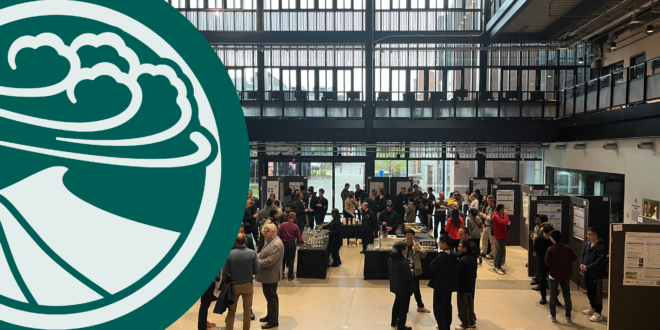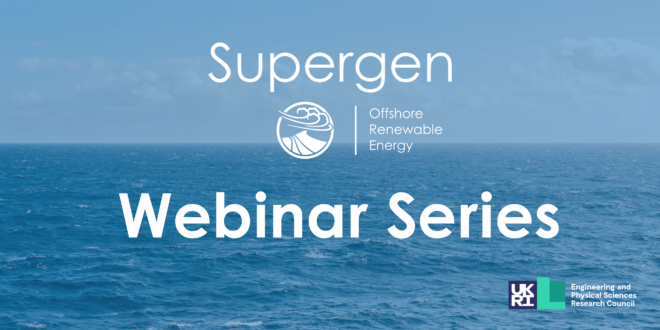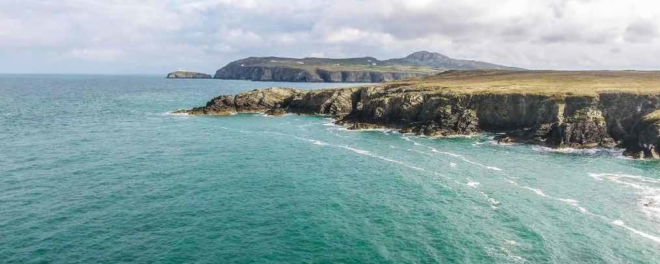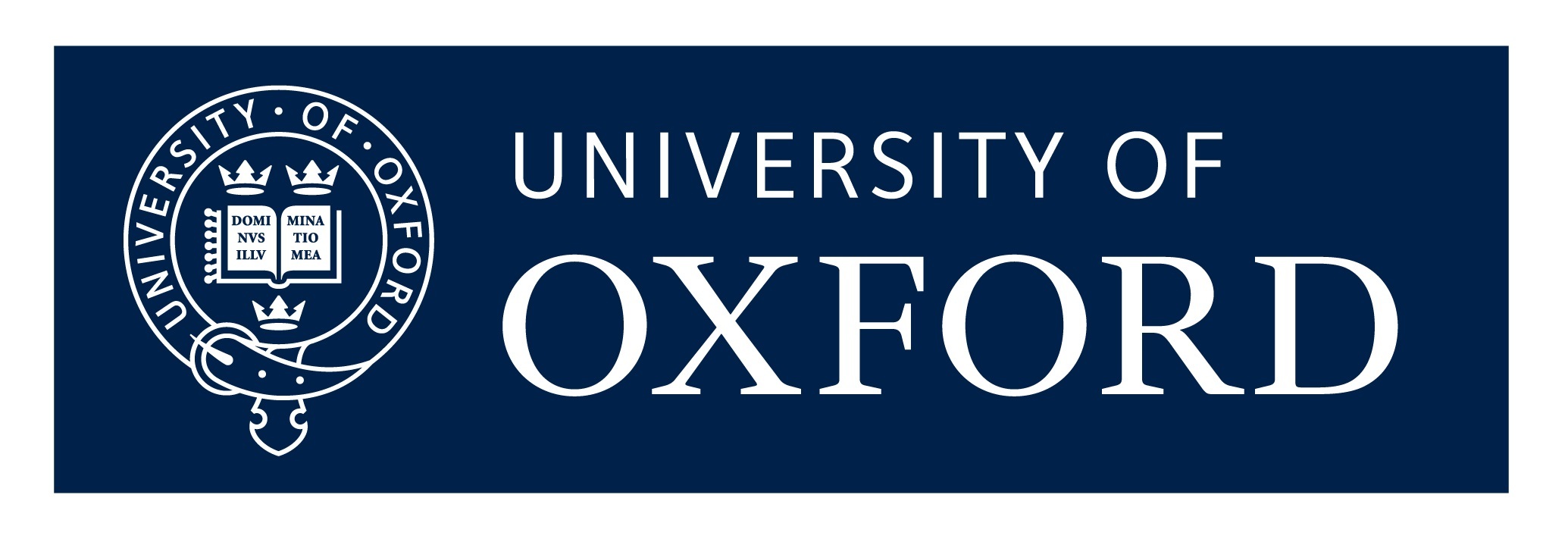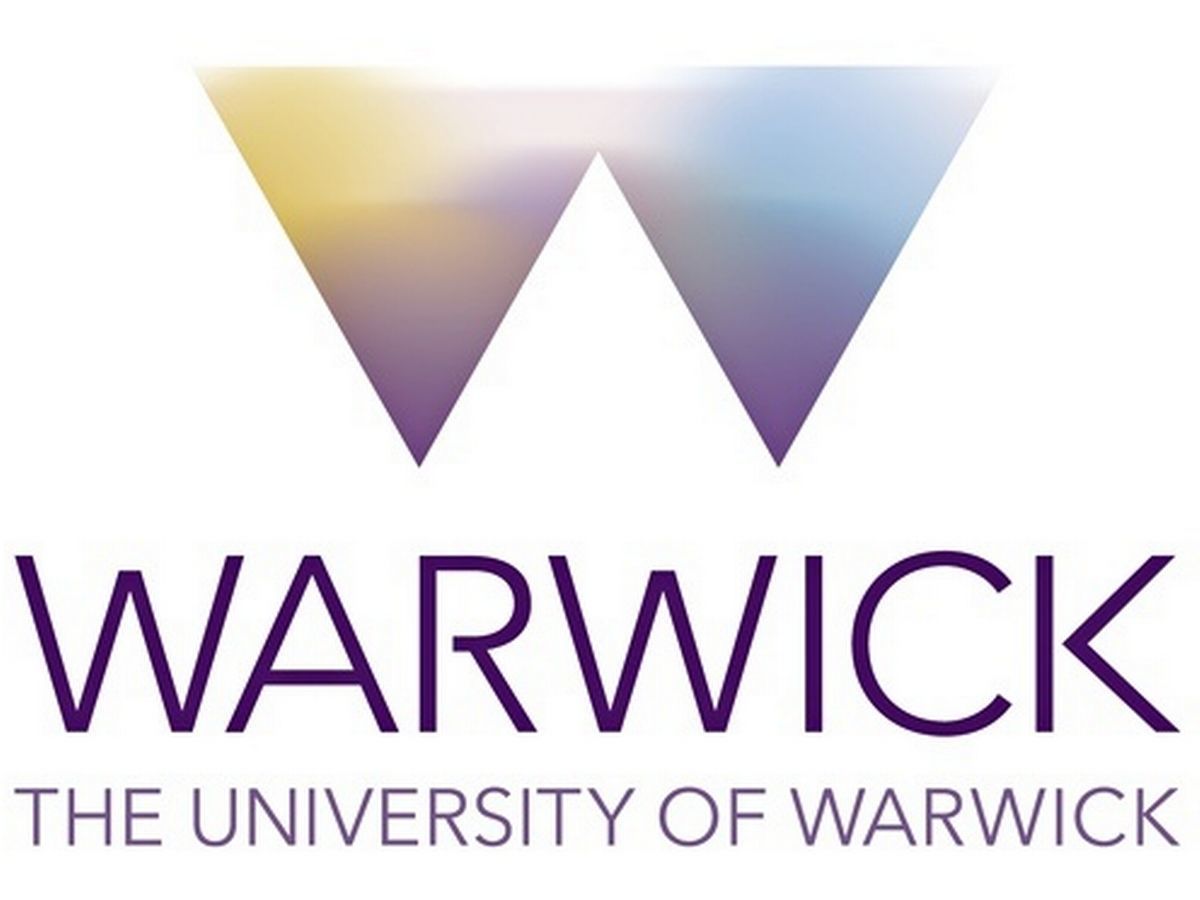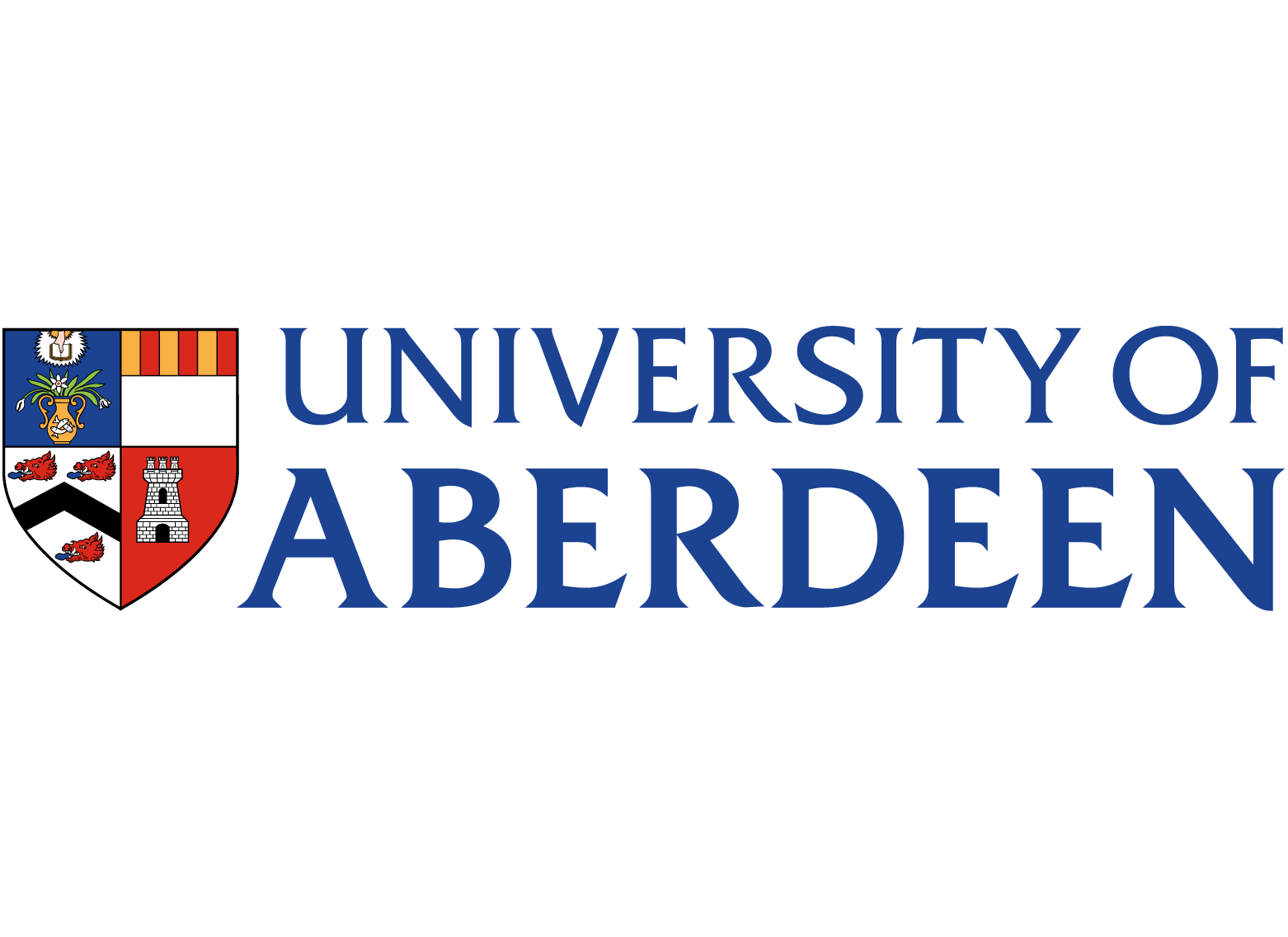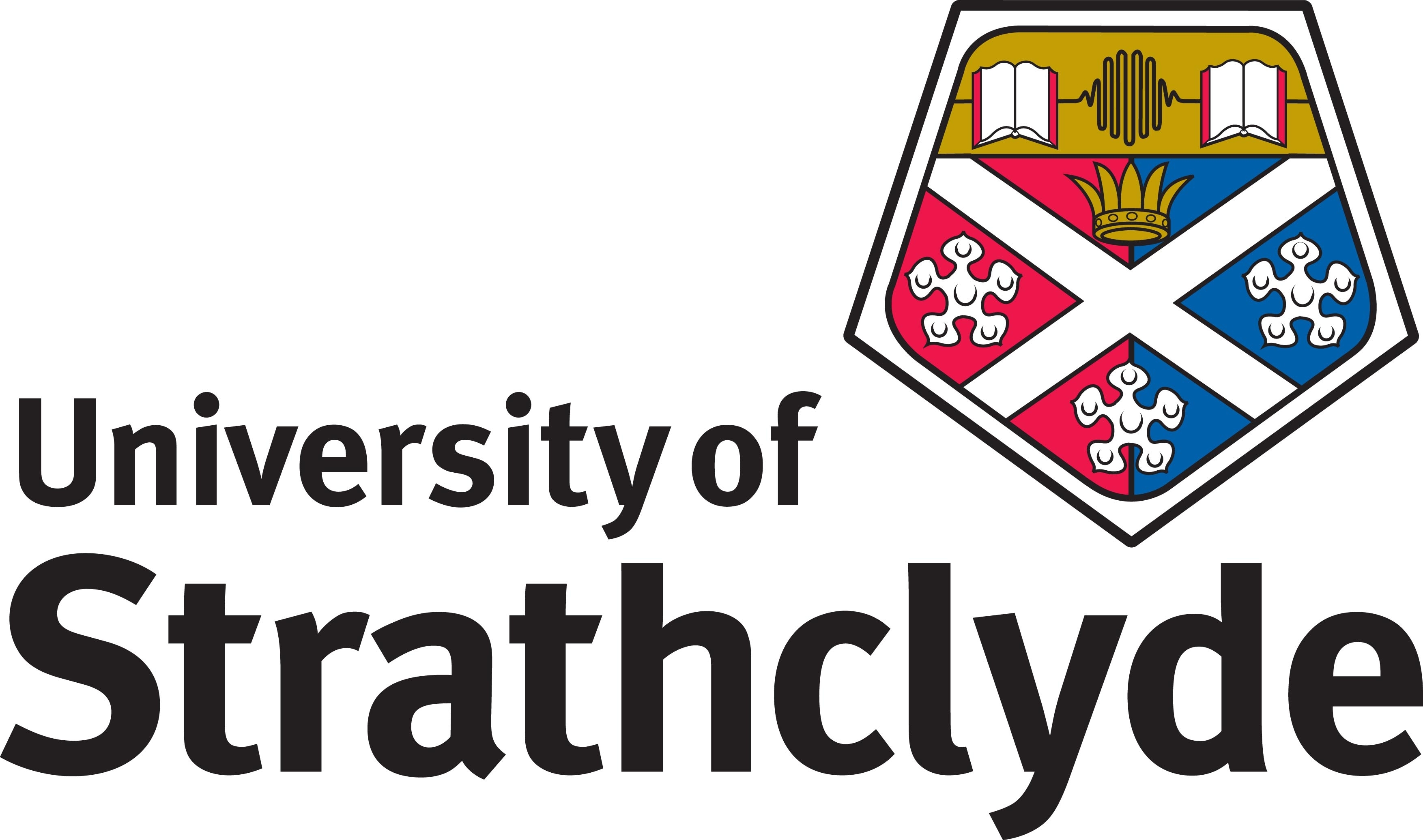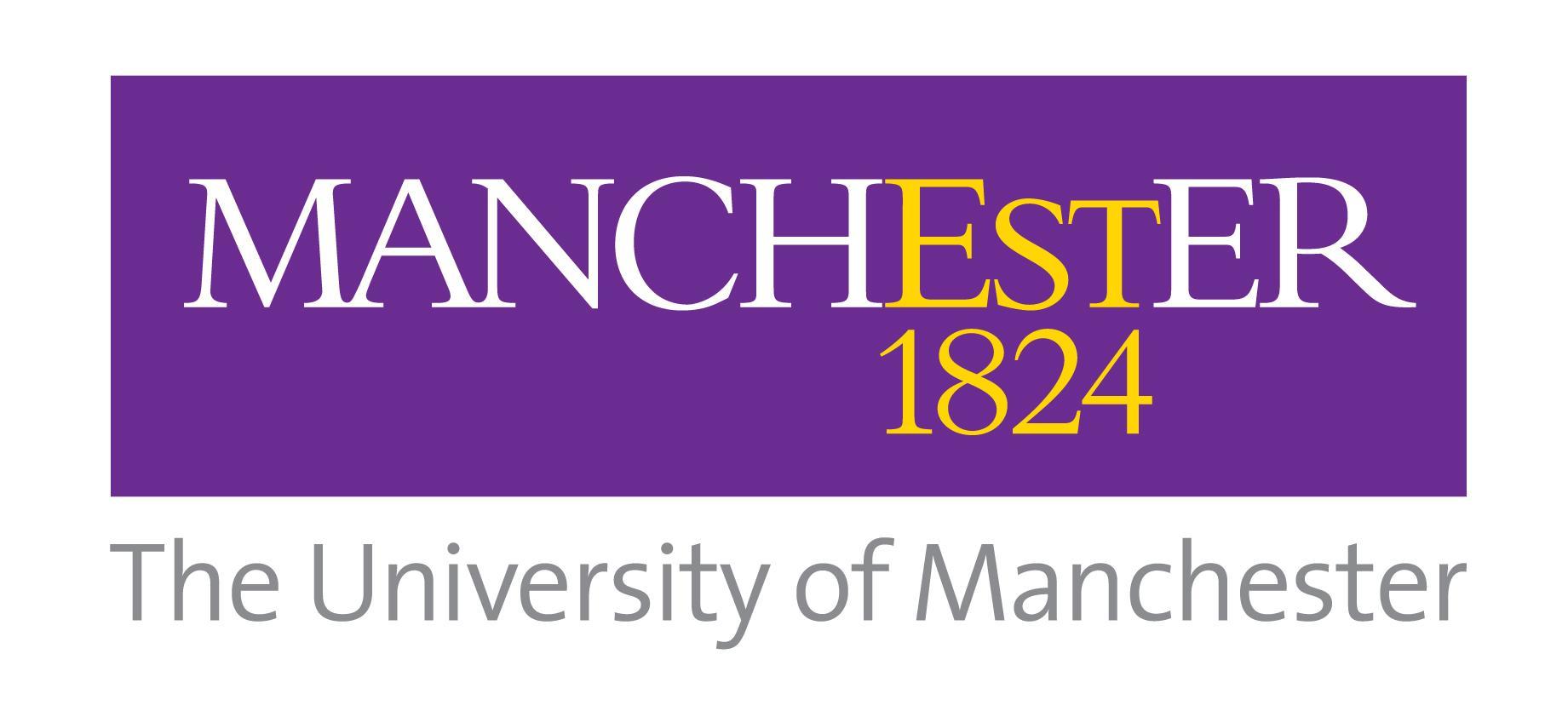The project
Machine Learning for Low-Cost Offshore Modelling (MaLCOM) will develop a modelling methodology to provide rapid, accurate nowcasts and forecasts of the wave conditions at a regional scale using limited input data and requiring drastically reduced computational power. MaLCOM will use the historical outputs of a physics-based model and in-situ measurements to build a statistical representation, termed a surrogate model, between measurements and modelled conditions throughout a region using a machine learning approach. The developed surrogate model will provide two key benefits: (1) immediate spatial assessment of conditions with very little computational power required, such that it could be deployed on a mobile device or autonomous vessel and (2) improved accuracy of metocean forecasts through integrating in-situ measurements. This project will allow refinement and demonstration of this resource modelling and forecasting concept for marine energy sites.
Dr Ajit Pillai - Principal Investigator
Dr Ajit Pillai is a Lecturer in Autonomous Systems and Robotics at the University of Exeter. Ajit’s research is focused on the development and deployment of optimization algorithms to aid in the design of offshore renewable energy devices and arrays. He is currently working on several projects applying optimization and machine learning techniques including: the Supergen ORE Hub Flexible Fund Project Accounting for Current in Wave Buoy Measurements where the team are developing a novel optimization-based framework for considering the impact of currents on wave buoys; the ERDF Funded Marine-I where his work supports SMEs working in marine engineering in Cornwall; the Interreg France (Channel) England supported EUROSWAC project exploring sea water cooling systems; the Supergen ORE Hub Flexible Fund project Machine Learning for Low-Cost Offshore Modelling (MaLCOM) exploring the use of machine learning to improve wave forecasting methods; and several other industry supported projects.
